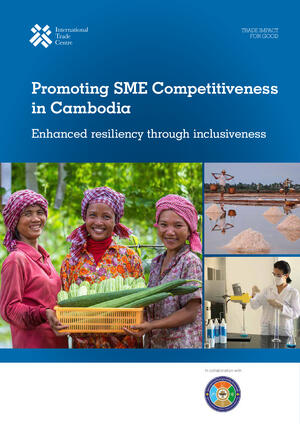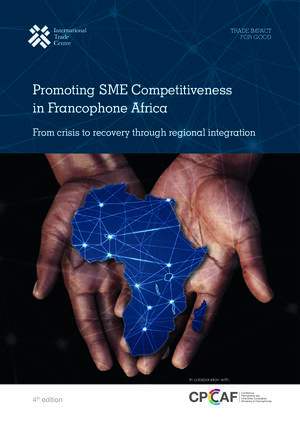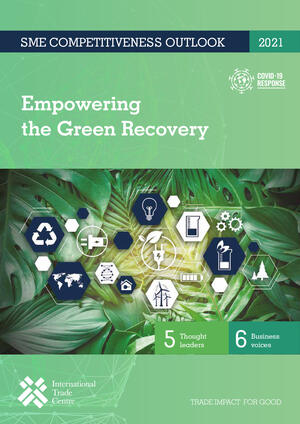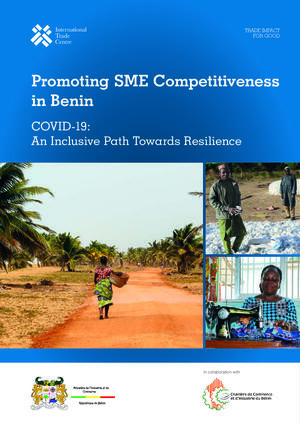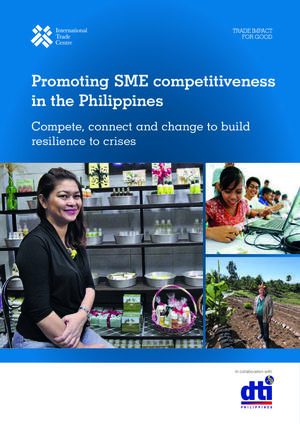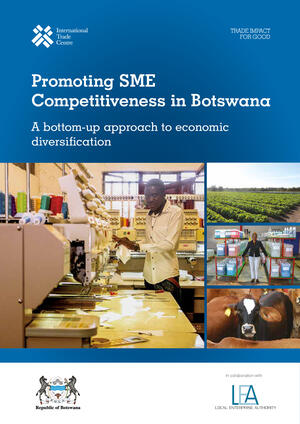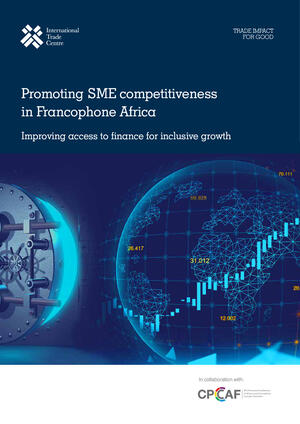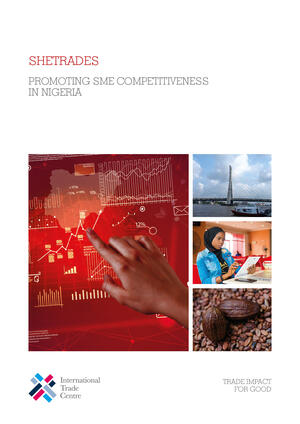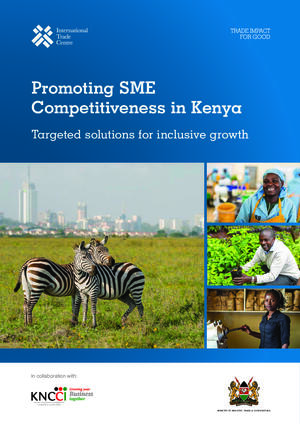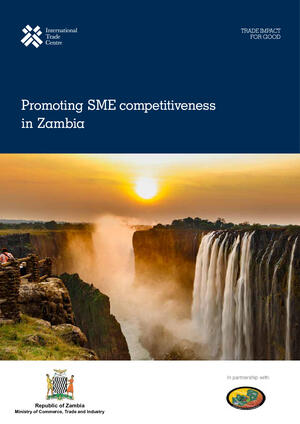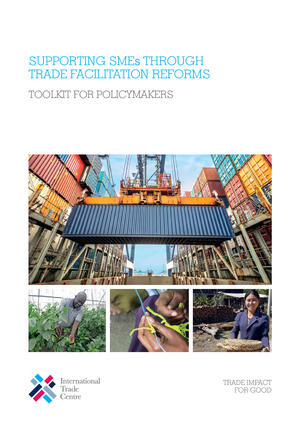Firms that reduce their environmental footprint are more resilient to crises (en)
Companies in Benin that reduce their environmental impact are better positioned to handle the economic effects of crises such as COVID‑19, according to a new report by the International Trade Centre (ITC). That's because the skills they develop when responding to environmental changes enable them to tackle other shocks.
This finding, which makes the case for a sustainable response to the pandemic, is detailed in Promoting SME Competitiveness in Benin - COVID-19: An Inclusive Path Towards Resilience.
The report, prepared with the Chamber of Commerce and Industry of Benin and the Ministry of Industry and Trade, is based on ITC's SME Competitiveness Survey and its follow-up COVID-19 Business Impact Survey.
Nearly all surveyed firms - 92% - that lessened their environmental impact also developed resilient coping strategies for the pandemic. Strategies included shifting the sales mix towards online channels, sourcing from new suppliers and creating novel products and services.
In contrast, just 59% of businesses that had not invested in environmentally sensitive measures adopted resilient coping strategies.
Building resilience for a post-COVID era
Adapting resiliently to shocks like the pandemic requires planning, foresight and innovation on the part of the manager, as well as a conducive business ecosystem.
Limited finance, low rates of quality certification and inadequate transport infrastructure are holding back many SMEs in Benin. 'Helping small firms become more competitive would unleash their potential to deliver on jobs and inclusive growth in the post-COVID-19 era,' the report says. This is especially important in Benin, where SMEs represent about 98% of all businesses and contribute about half of national output.
As global supply chains reorganize, international businesses are likely to seek partners with clean, dependable and energy-efficient production. This means small enterprises can secure high-value export opportunities by investing in sustainable business practices.
The "new normal" in trade will emphasize resilience to shocks, embracing digital opportunities, inclusive employment opportunities and investing in environmental sustainability, the report highlights.
Developing green incentives
Surveyed companies said tax waivers, temporary tax relief and financial programmes, such as low-interest loans, would be the most valuable government measures to help them cope with the crisis.
With Beninese economic growth expected to slow to just 3.2% this year, however, the government may have trouble providing this sort of help. This underscores the need to make good use of limited resources in the weeks and months ahead.
The report urges a crisis response that emphasizes environmental sustainability. Two actionable policy recommendations are proposed: offering larger tax breaks or grants for firms that invest in clean production measures; and investing in infrastructure that promotes resilience to the top environmental concerns reported by Beninese companies, such as floods in the south, droughts in the north, and a general rise in temperature.
This will help put Beninese businesses on solid footing to meet the demands of a changing global economy, and to become more resilient, inclusive and sustainable - especially important as climate change challenges continue to grow.










